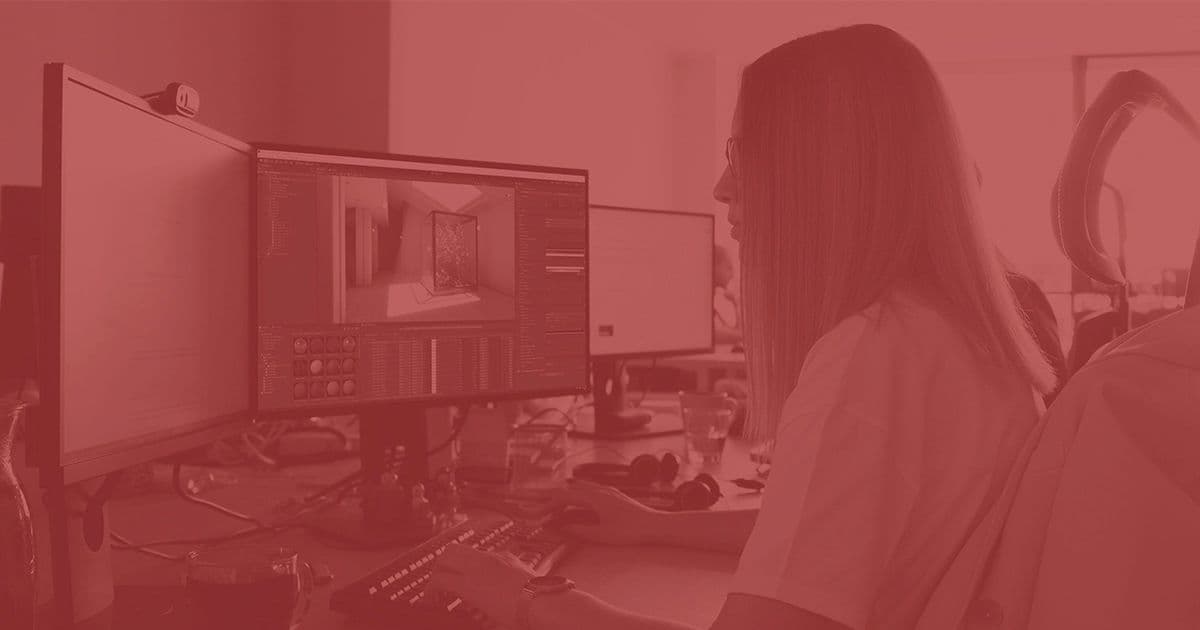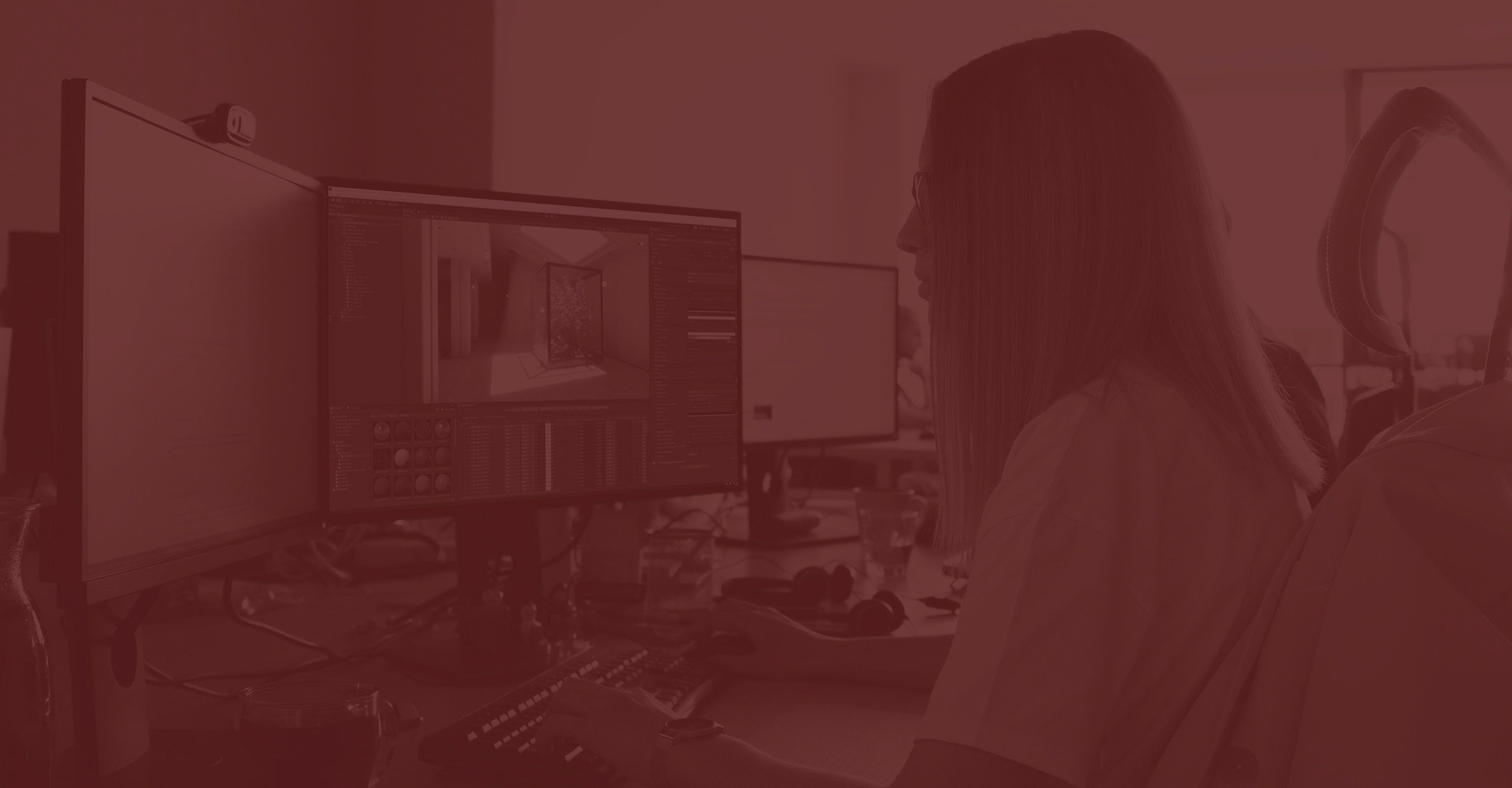
Highlight your programming skills to employers
Demonstrate core skills and competencies across programming, UI, debugging and asset management to help you obtain your first professional programming role with Unity.
Prerequisites
- 2-3 semesters of post-secondary Unity classwork or equivalent independent study
- Experience with a diverse range of Unity projects
- Importing assets or code, including from the Unity Asset Store or Unity Package Manager, and addressing conflicts that arise as a result
- Performing debugging of non-complex problems
- Interpreting pre-existing, well-documented code
- Integrating and modifying pre-existing well-documented code
- Building basic scene management, including loading scenes
- Creating, editing, and using Prefabs
- Deploying a basic build
Exam details
The exam is based on Unity 6.
This exam is available in the following languages:
- English
- Chinese - Simplified & Traditional
- Japanese
- Korean
- Spanish - Latin America
What’s on the exam?
Unity Programming
- Evaluate code for integration into an existing system created/architected by a lead
- Apply coding standards and best practices as guided by senior programmers
- Determine code that would accomplish a specified interaction or programming logic
- Determine the process to implement transitions between scenes
- Save data between scenes and between sessions using approaches such as static variables and PlayerPrefs
- Obtain a defined result by using Unity API methods, given Unity’s API documentation
- Select the appropriate properties, scripts, and components of GameObjects for required tasks
- Explain the differences between basic inheritance and interfaces
- Choose the appropriate commonly used data structures for a specific situation including but not limited to lists, arrays, and dictionaries
- Choose the appropriate data types for a specific situation including but not limited to floats, bools, and strings
- Build an application to WebGL or a personal computer
UI
- Arrange UI components on the canvas according to a defined layout using anchors, pivots, and groups
- Identify the process required to display data in various UI elements
- Explain how to use the UnityEvent system to respond to User Input
Debugging
- Program debug messages to identify the possible causes of code failing to execute as expected
- Identify the cause of a compilation error, given a block of code
- Identify errors caused by a null variable
- Identify techniques required to refactor and improve code to fit defined coding standards
- Select appropriate profiling tools to identify the sources of performance problems
Asset Management
- Explain how to use prefabs in a scene
- Describe the process and outcomes for changing a nested prefab or prefab variant
- Explain the primary purposes of version control when working in Unity
Learn and practice
Learn
Learn the skills you need to take this exam with the Junior Programmer pathway. This free pathway assumes a basic knowledge of Unity and requires no math prerequisites.
Supplement your ongoing learning or prepare for the specific topics covered on the exam with courseware, a robust guide with practical coding challenges to help you prepare for test day.
Practice
Prepare for your exam with an official practice test to help you understand the types of questions you’ll encounter and increase your confidence on test day. The practice test explains the rationale and thought process needed to arrive at the correct answer, and includes links to Unity documentation for additional preparation and targeted study.

Start on the road to a career within the real-time 3D development ecosystem by getting Unity Certified.
Explore Certifications

User
These entry-level certifications validate your foundational skills in Unity and ability to create interactive, real-time 3D experiences.

Associate
Stand out from the crowd with a certification designed for creators with a portfolio of Unity projects ready to apply for their first professional Unity role.
Certified Associate: Programmer (this certification)

Professional
Continue growing your skills with a certification that highlights your readiness for your next professional challenge.
